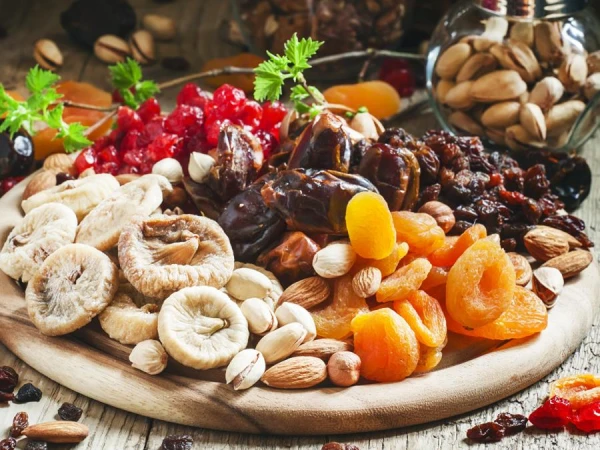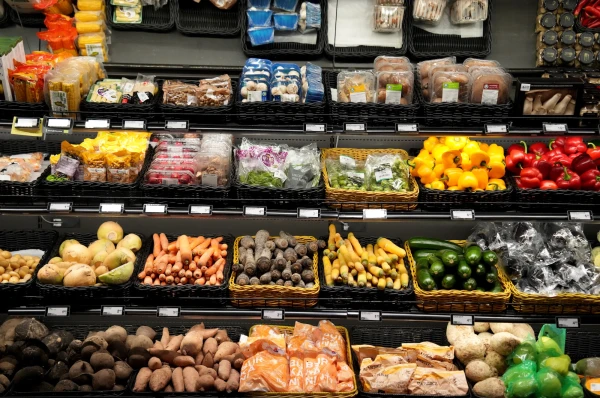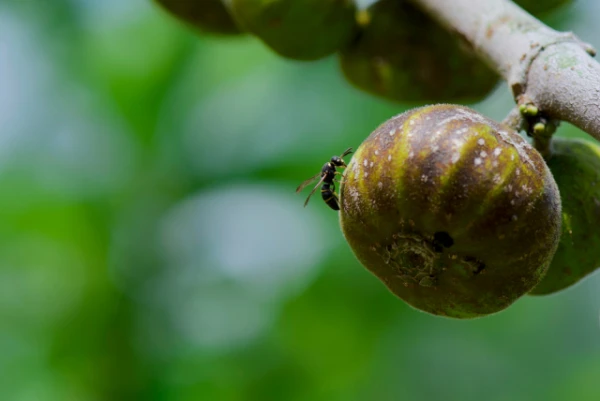
Fresh fruits and berries can be eaten at an average of 400 g per day. When moisture evaporates from the fruits, the piece changes in size, becoming smaller and lighter. However, the standard volume of substances inside remains intact. The percentage of glucose and fructose even increases.
It turns out that 100 g of dried apricots, raisins, or prunes contains more sugar and calories than the same amount of apricots, grapes, or plums.
A person is allowed to eat from 20 to 250 g of dried fruits per day. The norm varies significantly, as it depends on a number of individual factors: gender, weight, activity level, and health status. The optimal amount is 40–50 g. Experts assure that even a small amount of dried fruits will be enough for the body to receive all the vitamins, minerals, fiber, polyphenols, antioxidants, and organic acids.
"Dried fruits should be considered a dessert; they can be a good snack option throughout the day and help manage hunger," reminded nutritionist Anna Ivashkevich.
By the way, one of the few components that 'do not survive' the drying process is vitamin C.















Leave a comment